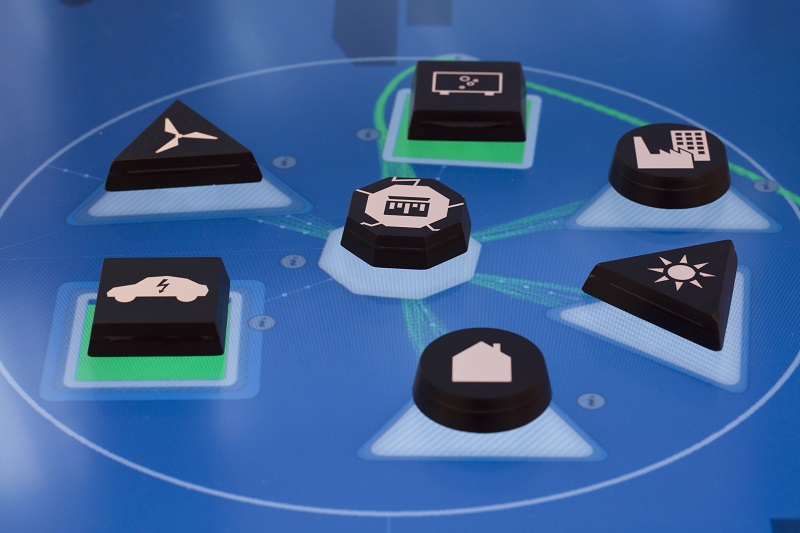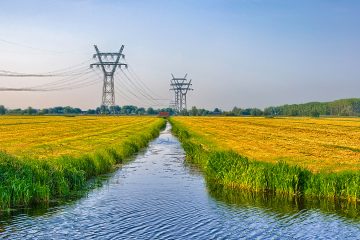What Is the Voluntary Carbon Market – and What Contribution Does It Make to Climate Action? (Discussion Paper)
The voluntary carbon market is a trading platform for what are known as “carbon credits”. The underlying promise is that climate action projects should either prevent the emission of greenhouse gases or remove CO2 from the atmosphere. Actors acquiring carbon credits – mostly companies and other private entities – can use them to offset their own greenhouse gas emissions. However, this tempting-sounding carbon offsetting concept is attracting increasing criticism and the actual protective effect for the climate appears questionable.
So is the voluntary carbon market actually a valuable tool for protecting the climate or not? And how might it change over the next few years? In this Discussion Paper, the Academies’ Project “Energy Systems of the Future” (ESYS) looks at the structure of the voluntary carbon market and how it works and highlights the challenges that emerge from this and areas where action is needed.
Key questions include:
- How is the voluntary carbon market structured and regulated? What problems does this bring?
- Which climate action projects generate carbon credits for the voluntary carbon market?
- What do companies and other buyers of carbon credits use them for?
- Why do the climate action projects and companies acquiring carbon credits sometimes attract criticism?
This publication explores how the voluntary carbon market in its current form only makes a very limited contribution to climate protection. To change that, better regulation of the market is needed, as well as mandatory and overarching quality criteria for the climate action projects and considered use of carbon credits – alongside, not in place of, initiatives to reduce greenhouse gas emissions.
Borgmann, Miriam/Gierds, Jörn/Fischedick, Manfred/Henning, Hans-Martin/Matthies, Ellen/Pittel, Karen/Renn, Jürgen/Sauer, Dirk Uwe/Spiecker genannt Döhmann, Indra: “What Is the Voluntary Carbon Market – and What Contribution Does It Make to Climate Action?” (Discussion Paper), Series on “Energy Systems of the Future” (ESYS), 2024.






